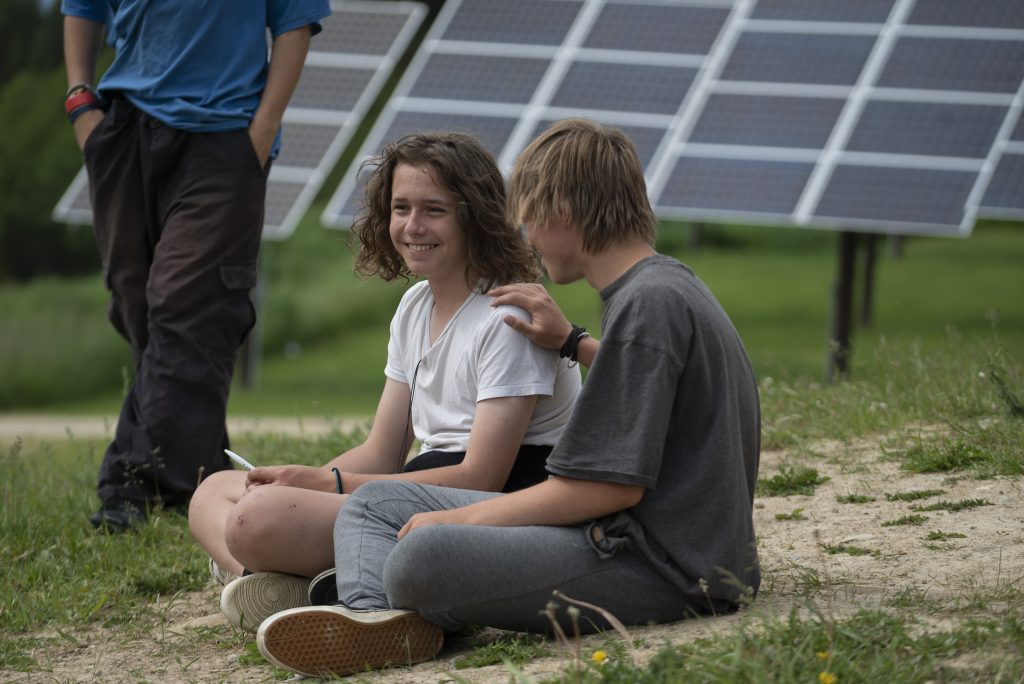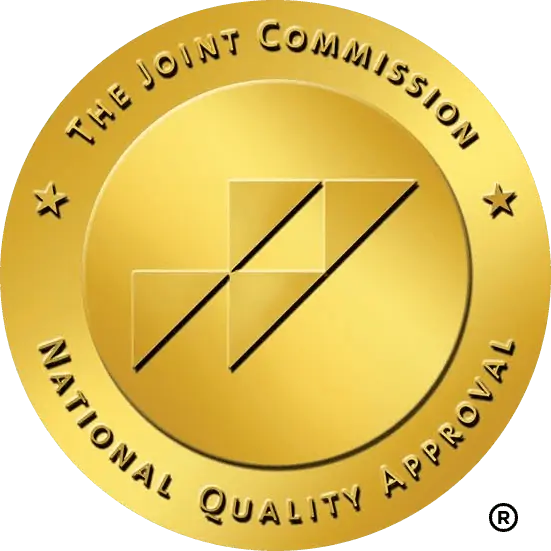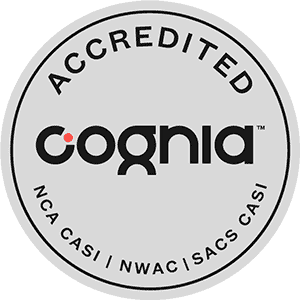TURNING WINDS PARENT PROGRAM GUIDE
Turning Winds Parent Program Guide Dear Parents/Guardians And Family Members, I wish to extend you a warm welcome to our school. We know the road that led you to enroll your child with us was filled with difficulties and challenges. It is our hope that, by working together, we will



